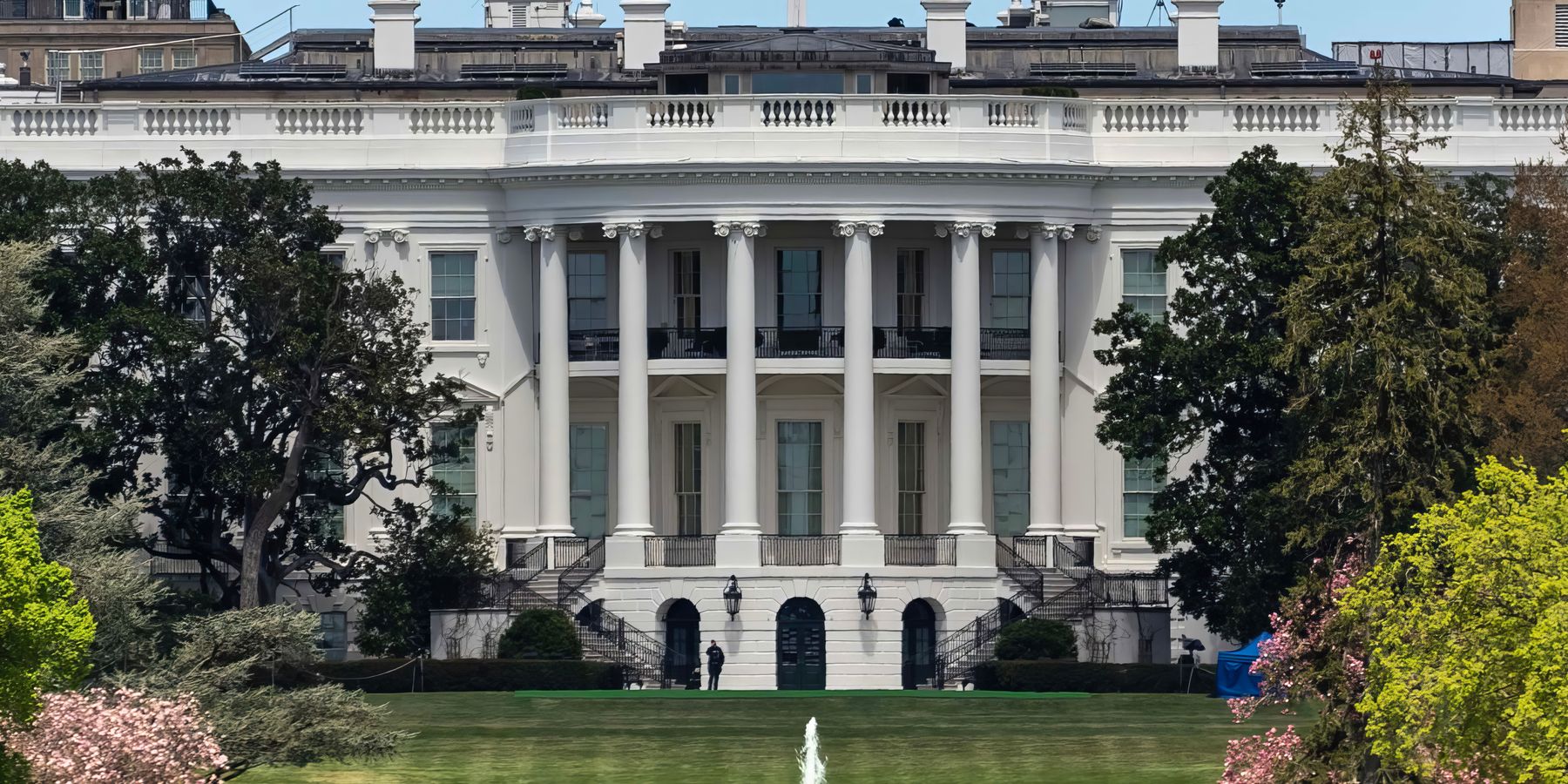Former Israeli official Merav Ceren, who caused a stir when she was appointed in April to head of the Israel and Iran desk at Trump's National Security Council has lost her position in a agency-wide purge that left "scores" political appointees and career officials cleaning out their desks on Friday.
A former "national security fellow" at the pro-Israel Foundation for the Defense of Democracies, Ceren had said on her resume that said she had previously served in a negotiating role for Israel’s Coordinator for Government Activities in the Territories and Palestinian Authority officials. President Trump had called her a "patriotic American" when her posting was announced.
The rest of those relieved from duty are a mix of political appointees which will be left with no jobs, and career civil servants who had been attached to other agencies (typically, State Department and Pentagon) and will go back to posts at those departments. This all comes at the direction of Marco Rubio, the Secretary of State who has been assigned acting National Security Advisor (and head of NSC) in the wake of Mike Waltz's reassignment to the UN earlier this month.
Rubio has appointed Andy Baker (who works for Vice President JD Vance) and Robert Gabriel (who advises Trump) as his NSC deputies.
The Friday firings should come as no surprise as the administration has been signaling its desire to scale down the White House national security agency which critics say has become too bloated and unwieldy over recent years. The agency inherited from Biden stood at about 215 plus about 180 support staff. That is actually smaller than the Bush II/Obama years, which is when the protraction reportedly began — they had 204 and 222 respectively, according to the Washington Post. In his first term Trump had scaled down to 110 from the previous Obama term.
According to the Post, Trump is aiming to get back down to the Brent Scowcroft years (he served as National Security Advisor to Presidents Reagan and Bush I) and earlier, when NSC's were tight. The NSC is supposed to be "coordinating and implementing work originating in the departments and then ensuring the president’s decisions are implemented,” according to Alexander Gray, who worked in Trump's first NSC.
Instead the NSC has become its own policymaking power center in the Executive Branch and can been affected by career officials (and support staff) who have burrowed in from earlier administrations. Critics say the career officials can serve as very effective bureaucratic obstacles, especially when they carry conflicting political and foreign policy agendas into the new administration.
Trump's former National Security Advisor Robert O'Brien (Trump had four NSAs in his first term) published an op-ed with Gray last month, which he told NPR was a catalyst for the purge. “We believe the NSC policy staff could be streamlined to 60 people, the same number of NSC staffers that President Dwight D. Eisenhower employed," they wrote. It would seem they are well on their way, and with one less former Israeli government official.
- Reports: Trump fires embattled hawk Mike Waltz from White House ›
- Trump fired Waltz because he wanted to attack Iran ›
- Another one bites the dust: Iran hawks disappearing from admin | Responsible Statecraft ›
















